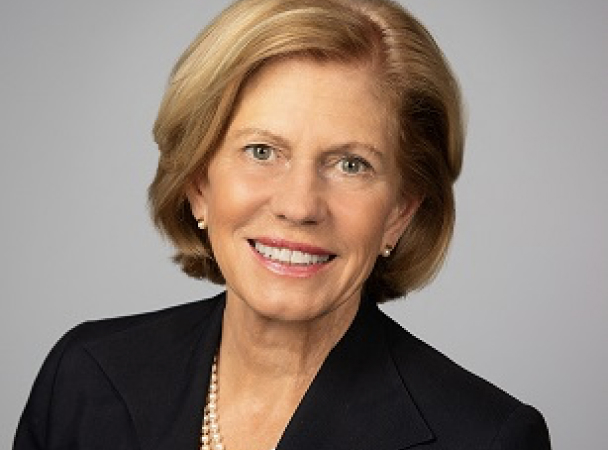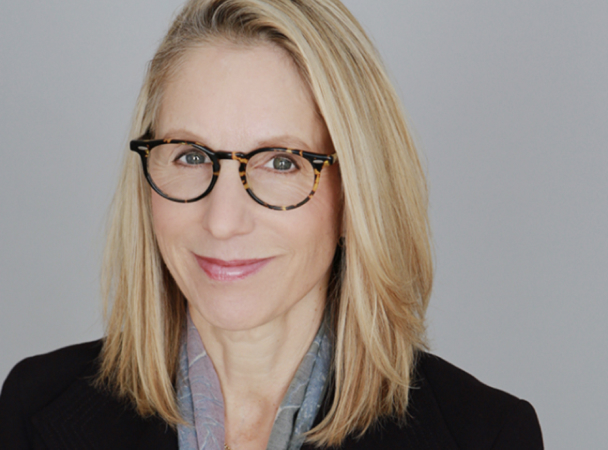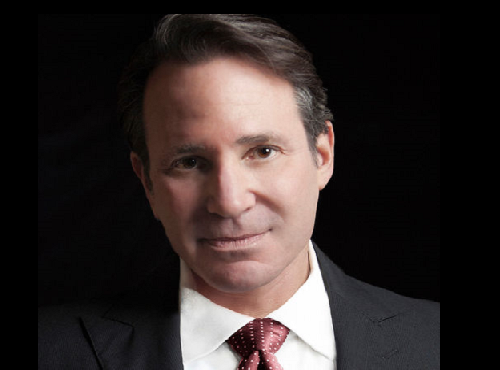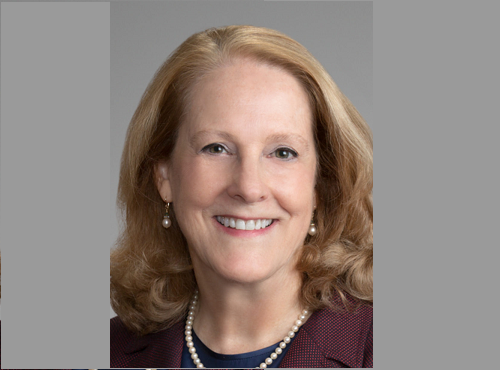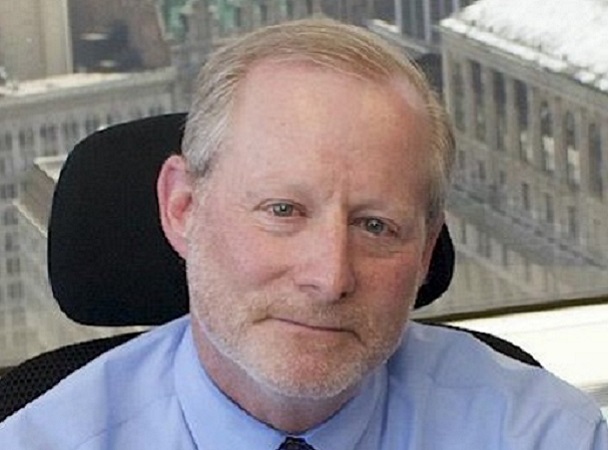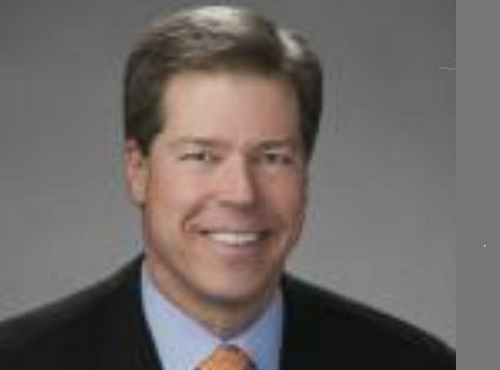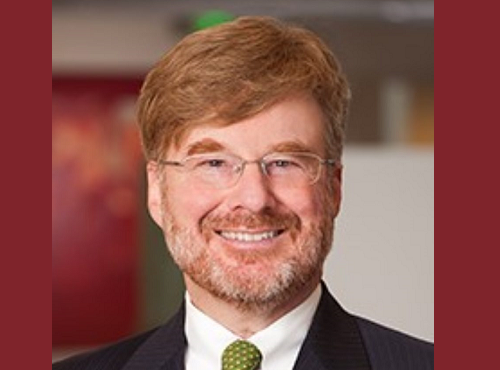Leadership & Committees
Officers / Executive Committee
Board of Directors
CCA Committees
2024 Annual Meeting Committee
MEMBERS
Barbara Reeves (Chair)
Rebecca Callahan
Sandra Jeskie
Adrienne Publicover
Peter Rosen
Giovanni Ruscitti
CCA Summit Planning Committee
MEMBERS
John Barkett (Co-Chair)
Thomas Hanrahan (Co-Chair)
John K. Boyce, III
Theo Cheng
John R. Holsinger
Faith Hochberg
Nancy Lesser
Barbara Reeves
Richard H. Silberberg
Best Practices Guide Committee
MEMBERS
Neal M. Eiseman (Interim Chair)
John Barkett
Deborah Coleman
John Burritt McArthur
Myra Selby
Steve Skulnik
Construction Committee
MEMBERS
L. Tyrone Holt (Chair)
Diversity & Outreach Committee
MEMBERS
Shira A. Scheindlin (Co-Chair)
Katherine Simpson (Co-Chair)
Joanne Barak
Eugene R. Commander
William H. Crosby, Jr.
Scott Evans
Angela Foster
Lucy Greenwood
Mark Heley
L. Tyrone Holt
David Huebner
Sandra A. Jeskie
Grant Kim
Jiyun Cameron Lee
Lisa Love
Penn Payne
Cecilia Flores Rueda
Allison J. Snyder
Holly Stein Sollod
Associates Program Subcommittee:
Joanne Barak (Co-Chair)
L. Tyrone Holt (Co-Chair)
Editorial & Publications Committee (Sunsetted)
MISSION STATEMENT
The mission of the Publications and Editorial Committee is to publish the Newsletter, approve articles that are posted on the College’s website, and encourage Fellows to write articles about commercial arbitration.
Committee members will monitor the publication of unfavorable or inaccurate articles about commercial arbitration in legal journals or elsewhere, either directly or after input from other Fellows, and will then arrange for the preparation and publishing of a favorable and accurate article in the same publication or similar or other appropriate media (e.g.: journals, op eds, letters to the editor, or the CCA’s own social media outlets).
In order to carry out its mission, the Committee will (1) select local coordinators who will nurture Fellows in their geographic area to write the favorable articles and letters; and (2) develop a brief bank to be posted on the College’s website in the Fellows-only area which may be used as source material for the articles and letters.
MEMBERS
(Sunsetted)
Education Committee
MISSION STATEMENT
The mission of the Education Committee is twofold:
- Education targeted for Fellows. The Education Committee works to provide educational resources to Fellows to enhance their professional skills. These resources will include written guides and protocols, template procedural orders, as well as presentations on specific topics of interest to the Fellows.
- Education targeted to advocates and neutrals. The Education Committee will endeavor to design tools and seminars available to advocates and to neutrals that disseminate best practices for conducting fair and efficient arbitration proceedings.
IMPLEMENTATION
In carrying out its missions, the CCA will endeavor to provide content that does not replicate or duplicate educational materials already provided by other organizations. However, collaboration with other organizations is likely.
MEMBERS
Jonathan W. Fitch (Co-Chair)
Carol E. Heckman (Co-Chair)
CCA/NITA Partnership Subcommittee:
Hon. Louise A. LaMothe (Chair)
Professoriate Committee:
Paul B. Klaas (Co-Chair)
Grant Hanessian (Co-Chair)
Ethics Committee
MISSION STATEMENT
The mission of the Ethics Committee is to monitor and study case decisions and other developments and issues relating to arbitrator ethics and report the Committee’s conclusions on ethical standards and best ethical practices to the Board, recommend presentations to the Annual Meeting Committee, and inform the membership as a whole.
MEMBERS
James R. Madison (Co-Chair)
David C. Singer (Co-Chair)
International Committee
MISSION STATEMENT
Promote programs and activities that will enhance understanding regarding international arbitration practices and procedures. Provide a forum for the exchange among members of ideas, “best practices,” innovations and experiences.
MEMBERSHIP
The membership of this committee includes those who serve almost exclusively as arbitrators in international cases and those who sit in a mix of domestic and international cases. All are interested in participating in exchanges and learning about international arbitration practices and procedures.
ACTIVITIES
The Committee conducts quarterly meetings — three virtual and one in-person at the CCA annual meeting. The Committee organizes at least one CCA webinar annually that is open to the public. It also organizes and presents CCA panels for events such as California International Arbitration Week. The Committee supports the CCA annual meeting with the goal of planning for at least one international-related program each year.
MEMBERS
Klaus Reichert (Co-Chair)
Lawrence Schaner (Co-Chair)
Gerald Aksen
C. Mark Baker
Chiann Bao
Joanne Barak
Gary L. Benton
Jeffrey G. Benz
George A. Bermann
John P. Bowman
Thomas J. Brewer
Philip L. Bruner
John J. Buckley
Henry G. Burnett
Robert B. Davidson
Stephen L. Drymer
J. Timothy Eaton
Cecilia Flores Rueda
Patricia D. Galloway
George Gluck
Marc J. Goldstein
Steven Hammond
Grant Hanessian
Sally A. Harpole
David Huebner
Benjamin Hughes
Michael Hwang
Mark Kantor
Jean E. Kalicki
Grant L. Kim
Jennifer Kirby
Paul B. Klaas
A.J. Krouse
Phillip Allen Lacovara
Urs Martin Laeuchli
Tim Martin
Joseph Matthews
Richard Mattiaccio
Gary McGowan
Mark C. Morril
Lawrence Newman
Philip D. O’Neill
Kathleen Paisley
Elliot E. Polebaum
Ann Ryan Robertson
José Antonio Rodríguez Márquez
Les W. Schiefelbein
Richard H. Silberberg
Hon. Abraham D. Sofaer
Gilbert K. Squires
Stephen S. Strick
Edna R. Sussman
John M. Townsend
Eric Van Ginkel
Hon. Rebecca Westerfield
Richard F. Ziegler
Public Policy Committee
MISSION
The Public Policy Committee’s mission is to initiate and/or consider recommending to the CCA Board that the CCA take public positions with respect to developments in U.S. courts or Congress insofar as they relate to alternative dispute resolution, either by filing amicus briefs, comment letters or otherwise.
ACTION PLAN
- The Public Policy Committee is authorized to initiate and/or consider recommending to the CCA Board that the CCA take public positions with respect to developments in the following form insofar as they relate to alternative dispute resolution, either by filing amicus briefs, comment letters or otherwise:
- Supreme Court cases
- Other domestic courts if the issue is of exceptional importance
- Pending legislation before Congress
- ABA proposed rules, guidelines, protocols, or other standards
- Proposed new rules, guidelines, protocols, or other standards or materials of the AAA, JAMS, CPR or other dispute resolution organizations, domestic and international, with respect to which comments are sought.
- The Public Policy Committee will make recommendations as to positions to be taken to the CCA Board. No position can be taken without Board approval. The Board may elect, but will not be required to, poll the membership for its views on any issue.
AUTHORITY & PROTOCOLS
- No brief or other document prepared on behalf of the CCA may be released unless the CCA Board is first given an opportunity to review and comment and approves the brief or document. The CCA Board, if it has approved the position to be taken, may delegate review of the final product to the Public Policy Committee.
- If the Public Policy Committee votes to develop a position on an issue, it will, before bringing it to the attention of the CCA Board for approval, ascertain if there is capacity to develop the position and, if it is an amicus brief, if there is also capacity to produce the brief in the form required. The Public Policy Committee may seek funding from the CCA Board as necessary to enable it to present its positions in the appropriate fora. The Public Policy Committee may canvass the membership for volunteers to develop the document.
- The Public Policy Committee will review any brief or other document prepared and will be the final arbiter of whether it reflects the position agreed to by the CCA Board and whether the presentation of the position reflects well on the CCA. The Chair or Co-Chairs of the Public Policy Committee may delegate such review to two members of the Committee, both of whom must be in agreement before the document is presented to the CCA Board for review or, if final review authority has been delegated by the CCA Board, released by the CCA. In the event of a disagreement, the decision will be made by a third member of the Committee to be selected by the President of the CCA.
- There is a presumption against the CCA taking a public position on an issue arising from an arbitration in which one or more Fellows of the CCA served as a neutral, an advocate, a witness, a party or otherwise had a direct interest in the outcome, provided that the presumption can be overcome by a compelling showing that (a) the issue presented is one of significant general importance to the law or practice of arbitration such that a contribution by the CCA might have a special value in clarifying or deciding it; (b) the proposed vehicle for conveying the CCA’s public position (e.g., letter urging review by a court, amicus brief, etc.) would appropriately and effectively communicate that position; and (c) the CCA’s position on the issue can be advanced without prompting a perception that its position was motivated by a desire to support a Fellow.
- The Public Policy Committee may meet in person, by teleconference and/or e-mail, and members may vote by phone or e-mail. A majority of the member of the Committee is empowered to make decisions on behalf of the Committee.
MEMBERS
John K. Boyce, III (Chair)
Membership Committee
MEMBERS
Alfred G. Feliu (Co-Chair)
Deborah B. Mastin (Co-Chair)
Joshua W. Martin III
Elliot E. Polebaum
Patricia H. Thompson
Rebecca J. Westerfield
Mixed Mode Committee
MEMBERS
Ruth Glick (Co-Chair)
John Sherrill (Co-Chair)
Harold Coleman, Jr.
Neal M. Eiseman
Eugene I. Farber
Herbert H. “Hal” Gray, III
Mark J. Heley
Hon. Louise A. LaMothe
Paul M. Lurie
Richard R. Mainland
Bruce E. Meyerson
Richard H. Silberberg
Thomas J. Stipanowich
Newsletter Editor
MEMBERS
Paul Dubow
Nominating Committee
MEMBERS
Herbert H. “Hal” Gray, III (Chair)
Eugene I. Farber
Sally A. Harpole
Gerald G. Saltarelli
Vivien B. Shelanski
Regional Fellowship Committee
MEMBERS
Angela “Anji” Foster (Chair)
Technology Committee
MISSION STATEMENT
The CCA Technology Committee shall investigate relevant technology, advise Fellows of available technology, encourage innovation and report on current trends, benefits and potential risks of available technology. The committee will discuss best practices in the use of technology to support the administration and execution of commercial arbitration proceedings and work to educate Fellows through written materials, programs and tutorials.
The committee has been largely inactive over the past two years, with its activity limited to 1) preparing articles for the newsletter on a quarterly basis; and 2) preparing programs for the Annual meetings on roughly an every other year basis. The last program was a cyber-security program at the San Francisco meeting in 2019.
MEMBERS
Sandra A. Jeskie (Chair)
Website & Social Media Committee
MISSION STATEMENT
The purpose of the Website and Social Media Committee is to develop and implement strategies with respect to CCA’s online presence. This includes CCA’s activities with respect to online content posted on the CCA website, social media platforms (such as LinkedIn, Facebook and Twitter), email platforms and other online marketing resources. The Committee has been charged with updating and improving the design and functionality of the CCA website. The Committee also oversees implementation of CCA’s policies with respect to online publication of CCA and Fellow external events, speaking activities, articles and posts.
MEMBERS
Mitch L. Marinello (Co-Chair)
Mark A. Shank (Co-Chair)
Committee on Committees
MEMBERS
Dana Welch (Chair)
David Huebner (Vice-Chair)
Sign Up for Our Email List
Stay connected with the College of Commercial Arbitrators by getting the latest news & events delivered right to your inbox.
